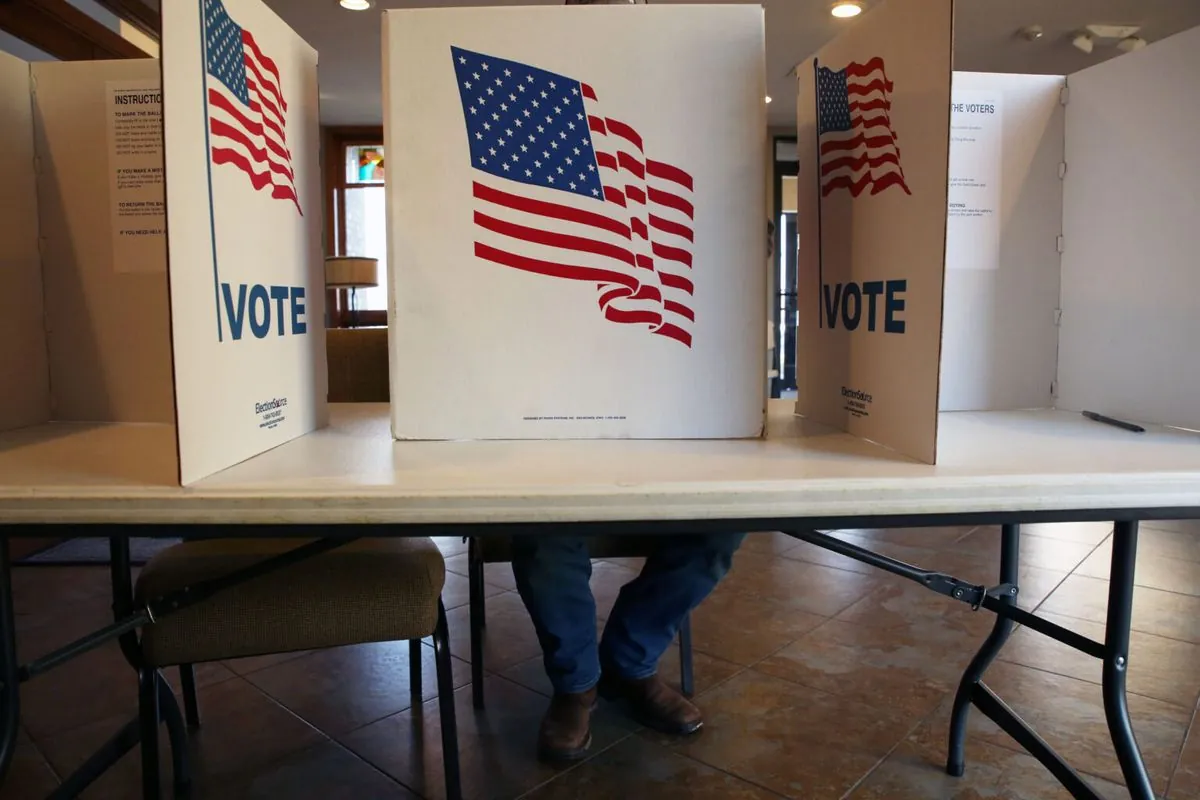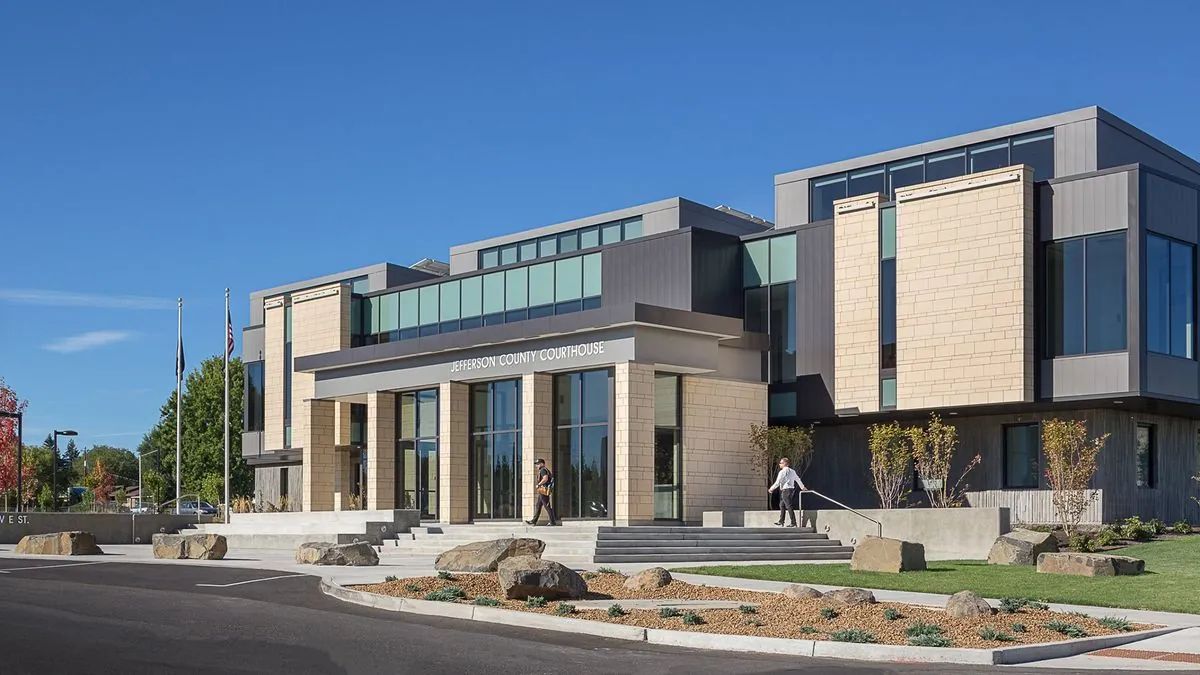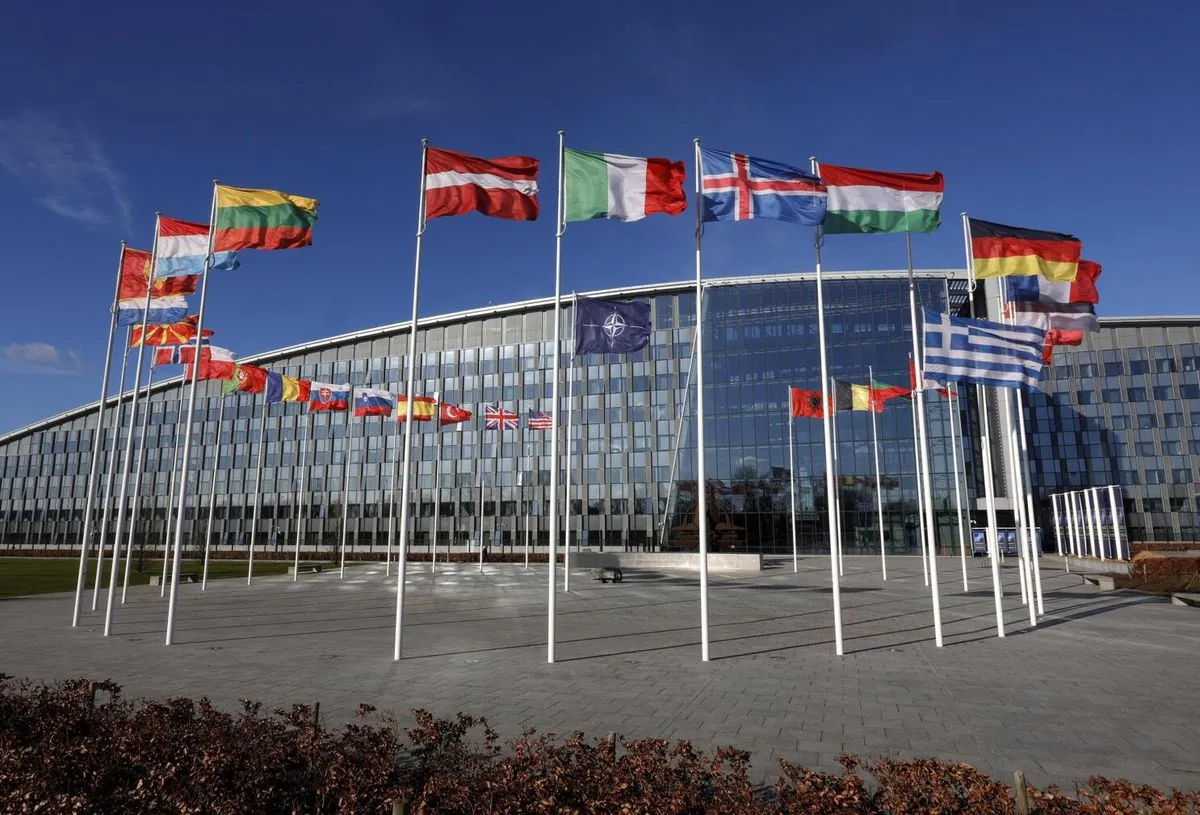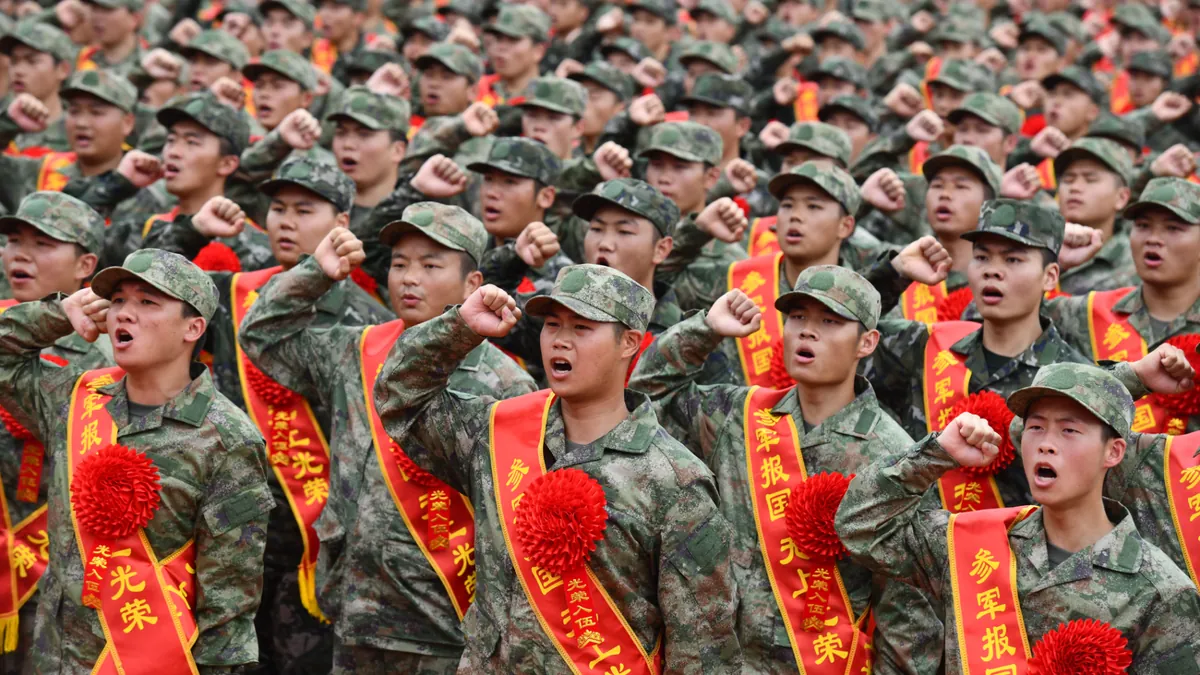First Conviction in Marielle Franco Murder Case: Obstruction Charges
A man has been convicted for obstructing the investigation into Rio councilwoman Marielle Franco's 2018 assassination. This marks the first conviction in the high-profile case that has exposed links to organized crime.
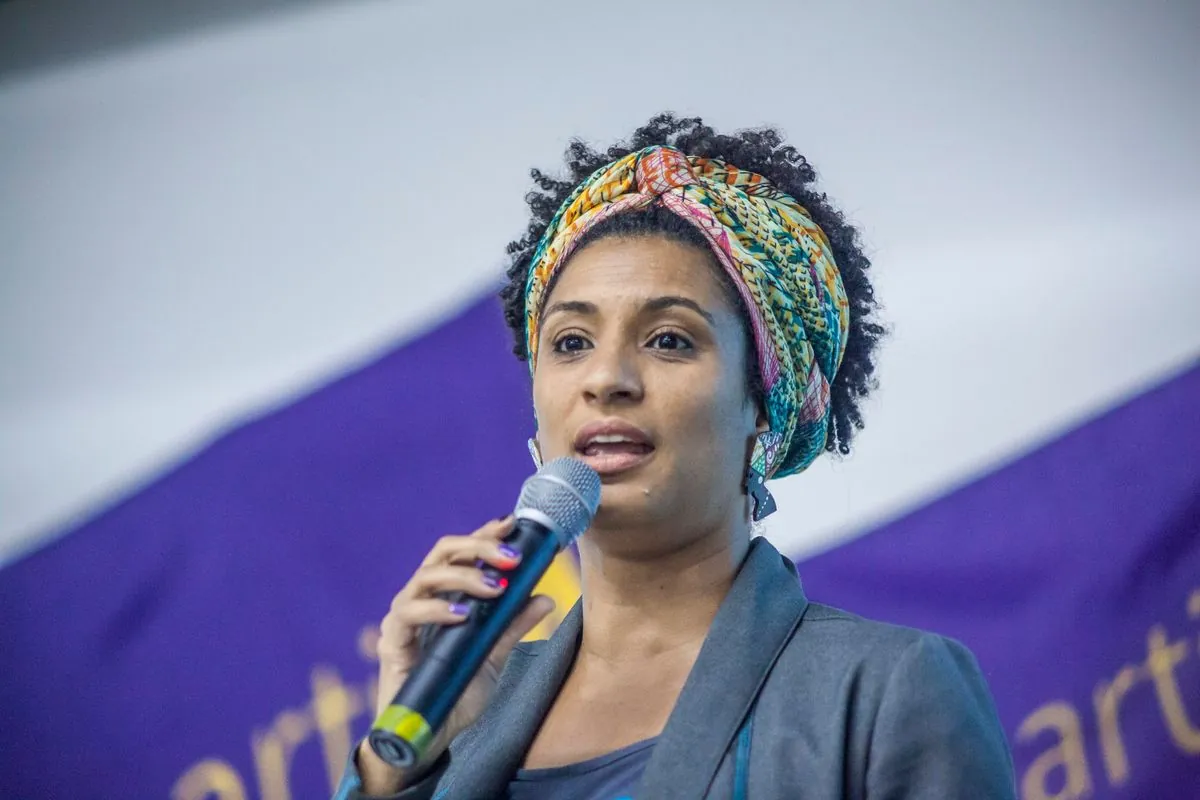
In a significant development in the long-running investigation into the assassination of Marielle Franco, a Rio de Janeiro court has convicted Edilson Barbosa dos Santos for obstructing justice. This marks the first conviction related to the 2018 murder of the prominent councilwoman, who was known for her advocacy for human rights and marginalized communities.
Franco, born on July 27, 1979, in Rio de Janeiro, was a sociologist and human rights activist who grew up in Complexo da Maré, one of Rio's largest favelas. She made history in 2016 as the first Black woman elected to Rio's city council, representing the Socialism and Liberty Party (PSOL). Her work focused on addressing police brutality, extrajudicial killings, and advocating for LGBTQ+ rights.
The court sentenced dos Santos to five years in prison for dismantling a vehicle used in the drive-by shooting that claimed Franco's life on March 14, 2018. This conviction, published on September 30, 2024, comes more than six years after the assassination that sparked international outrage and nationwide protests in Brazil.
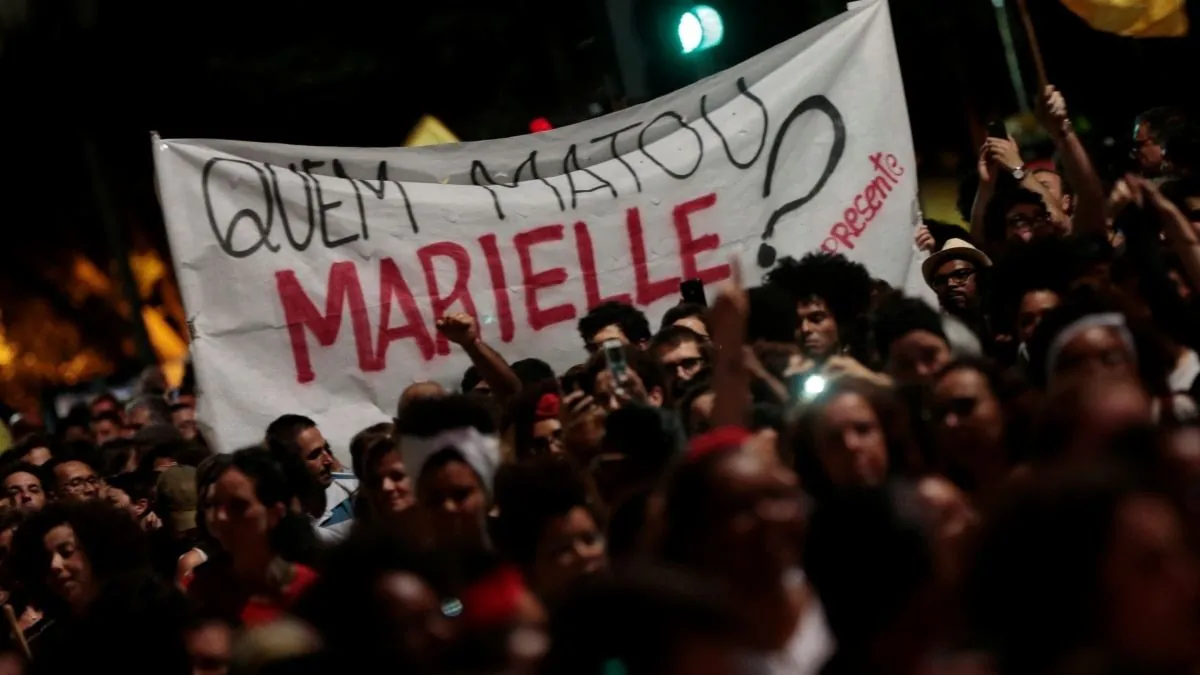
While this conviction represents progress, the case remains far from closed. Former policeman Ronnie Lessa has confessed to carrying out the killing as part of a plea bargain, but he has yet to be sentenced. The investigation has also implicated individuals in positions of power, highlighting the complex web of political corruption and organized crime in Brazil.
In March 2024, federal lawmaker Chiquinho Brazão and his brother Domingos Brazão, a member of Rio state's accounts watchdog, were detained on suspicion of ordering Franco's assassination. Both men are allegedly connected to criminal groups known as militias, which illegally charge residents for various services in many of Rio's neighborhoods. These militias often comprise former or off-duty police officers and control various illegal activities. However, both Brazão brothers have denied any involvement in the case.
The assassination of Marielle Franco and the subsequent investigation have brought to light the deep-rooted issues of political corruption and organized crime in Brazil. Her death sparked the hashtag #MariellePresente (Marielle is here), which became a symbol of resistance and a call for justice.
Franco's legacy continues to inspire change. In 2020, her widow, Mônica Benício, was elected as a city councilor in Rio, carrying forward Franco's mission. The European Parliament posthumously awarded Franco the Sakharov Prize for Freedom of Thought, recognizing her contributions to human rights and social justice.
As the investigation progresses, it serves as a reminder of the ongoing struggle for justice and the importance of addressing systemic issues in Brazilian society. The conviction of dos Santos, while a step forward, underscores the complexity of the case and the challenges that remain in bringing all those responsible to justice.
"How many more will have to die for this war to end?"
This poignant question continues to resonate, highlighting the urgent need for reform and accountability in Brazil's political and justice systems.































